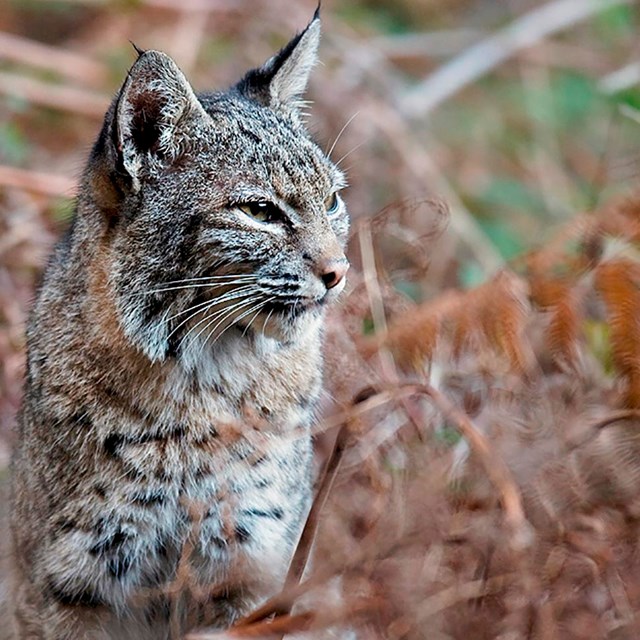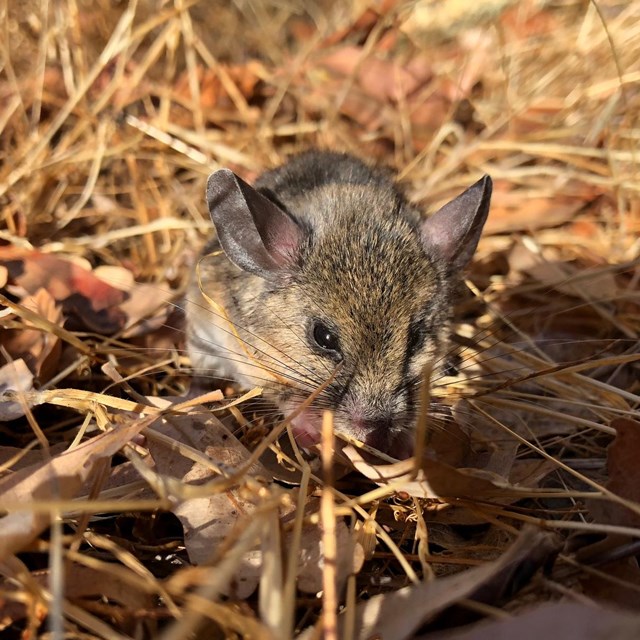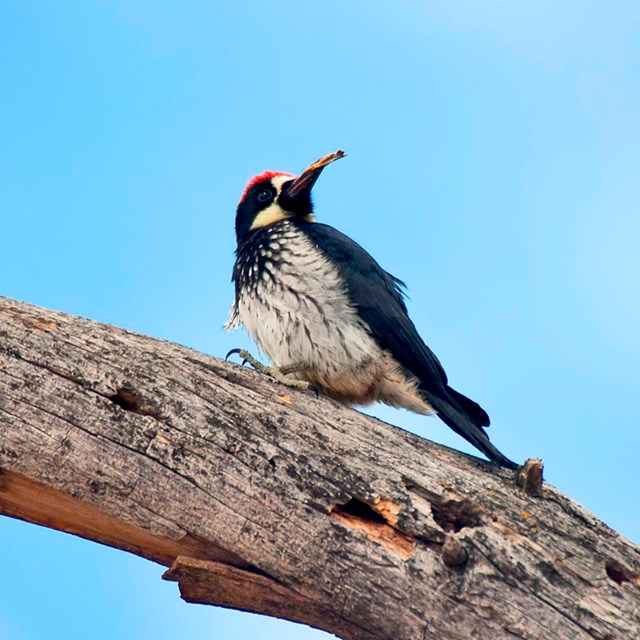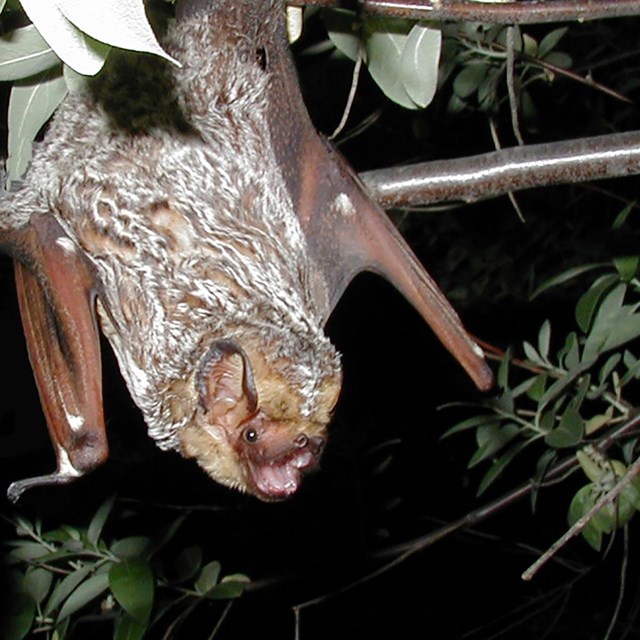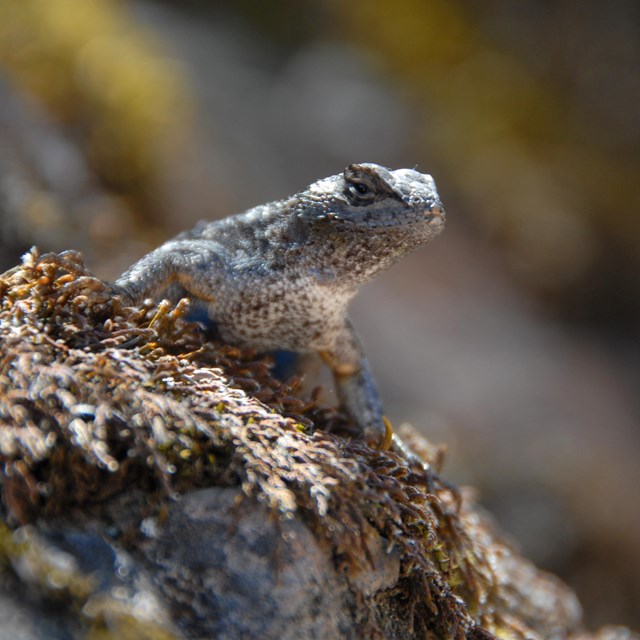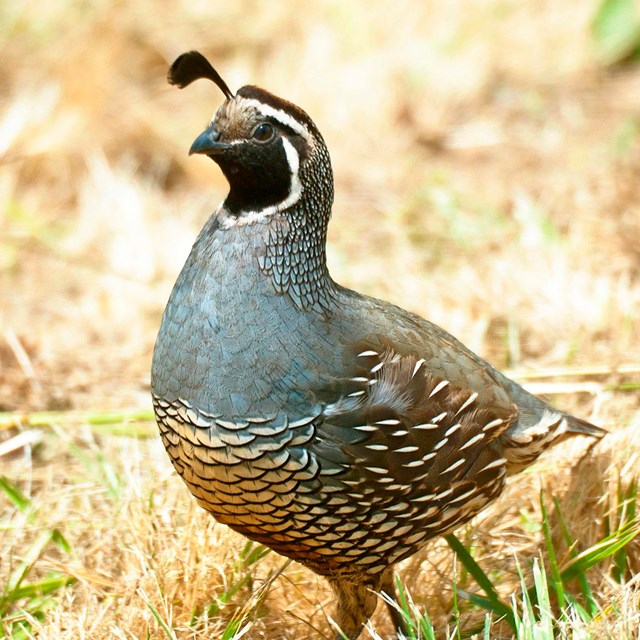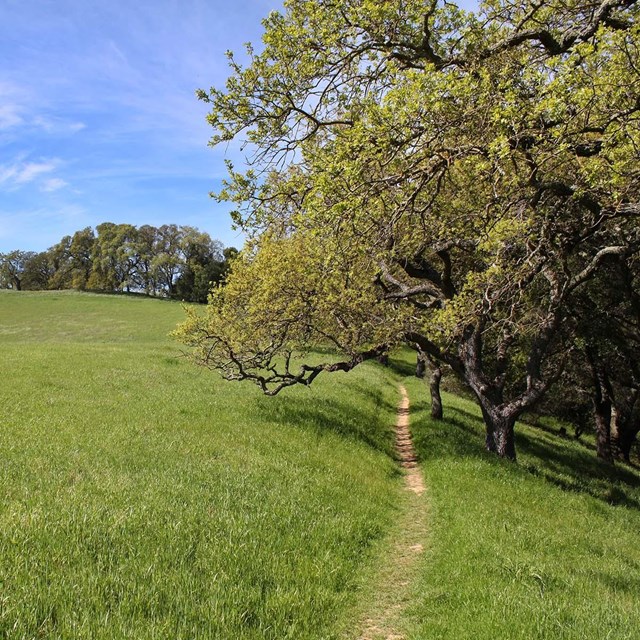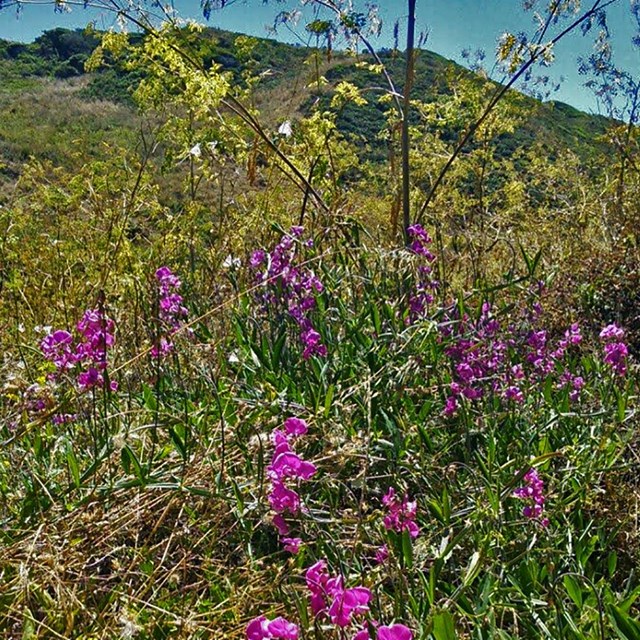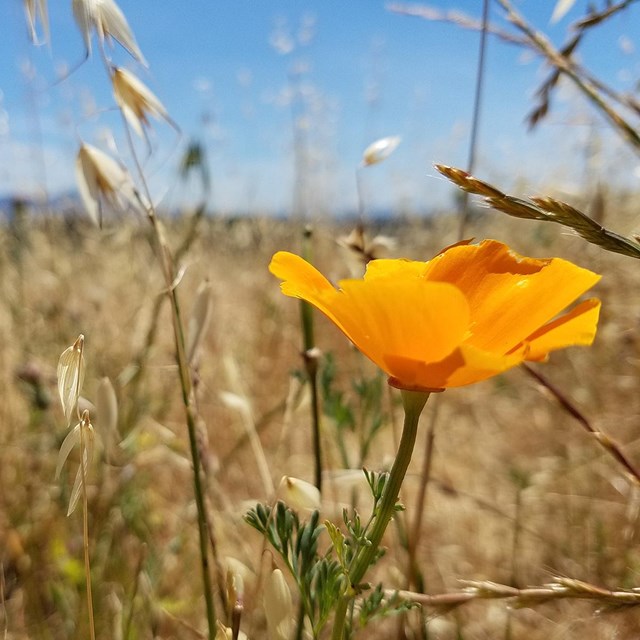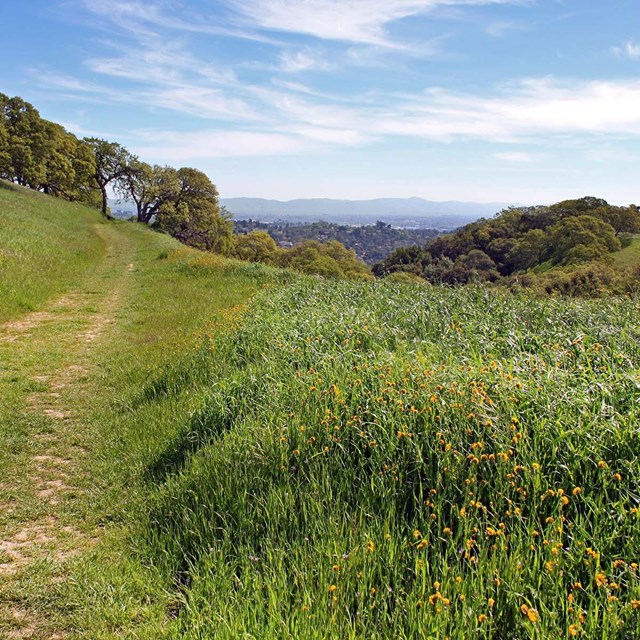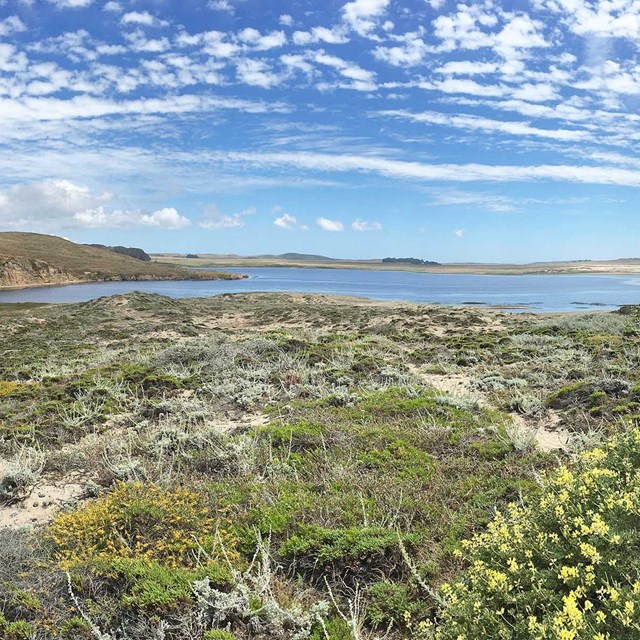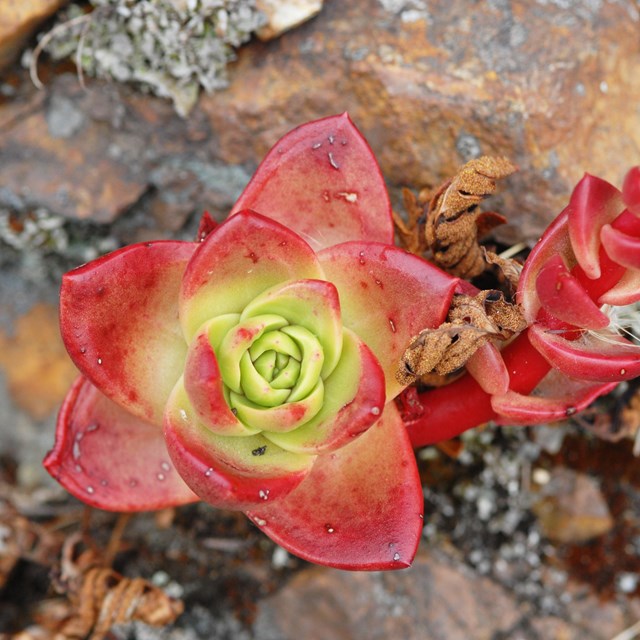Experience the Natural Wonders of John Muir National Historic SiteJohn Muir National Historic Site is more than a tribute to the legendary conservationist—it’s a living, breathing ecosystem teeming with life. Here, you’ll find a rich variety of plants and animals that make this place as vibrant and inspiring as the legacy of John Muir himself. Explore the gallery below to uncover fascinating details about the flora and fauna that call this site home. Each image offers a window into the natural beauty and biodiversity that surrounds you. Let this knowledge enrich your visit and deepen your connection to this special place.
Get InvolvedHelp protect your National Park lands! While hiking on Mt. Wanda, you can practice leave no trace principles by taking only pictures and leaving only footprints. You can contribute to nature observations and get help with identification through iNaturalist,a community science project where people can record what they observe in nature and interact with nature experts using a free mobile app. The project name for this park is "Wild Life in John Muir National Historic Site".To help the park with conservation projects, explore our volunteer opportunities. |
Last updated: December 19, 2024

